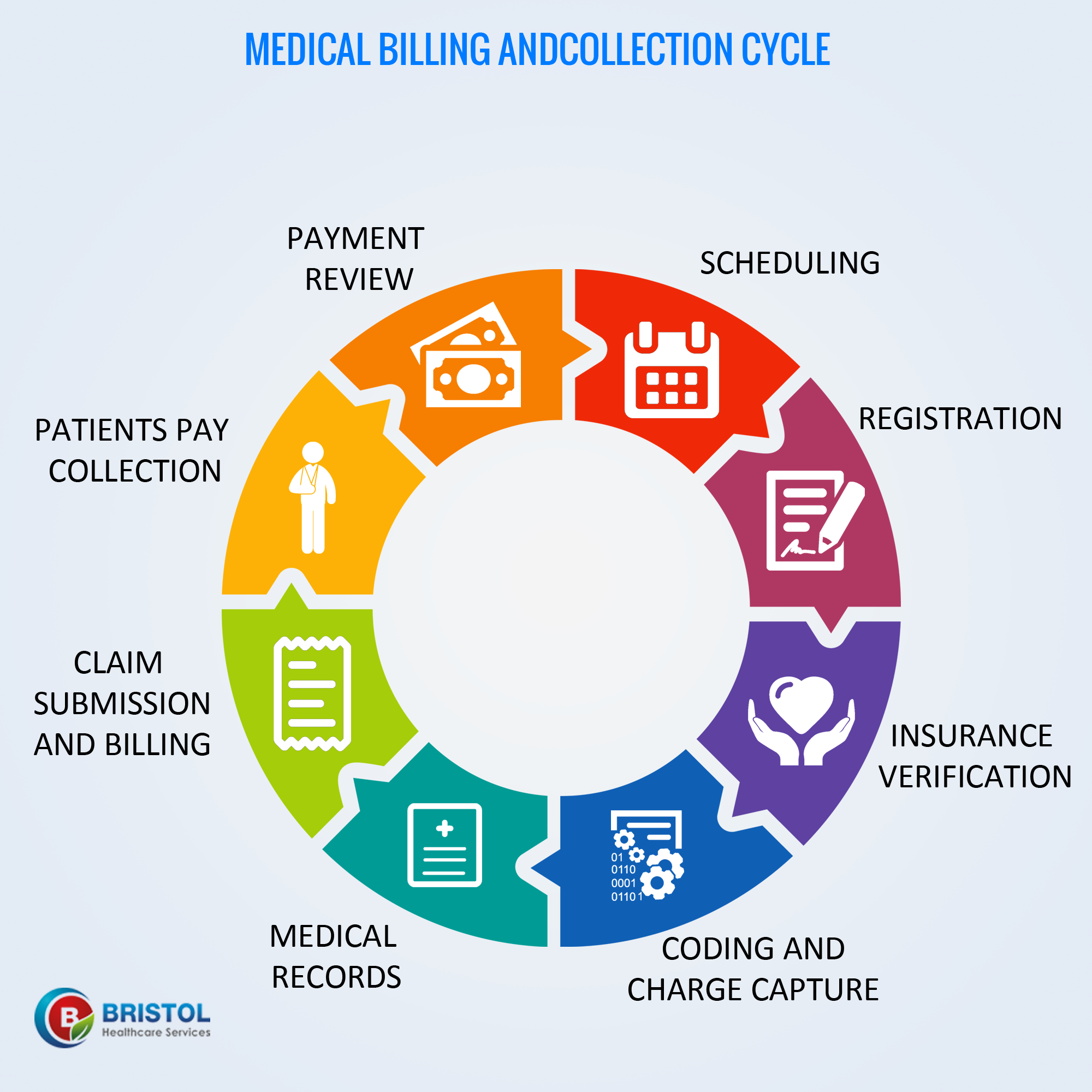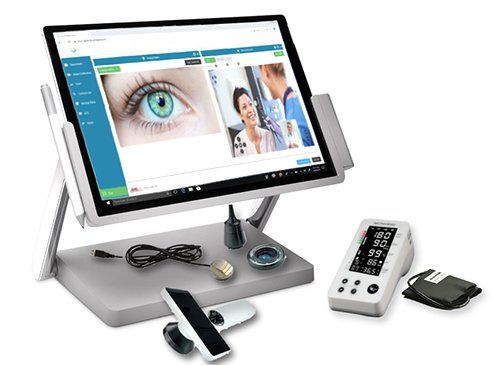
Medical Billing and Revenue Cycle Management
admin
- 0
Medical billing and revenue cycle management play a crucial role in the healthcare industry. They are essential processes that ensure healthcare providers receive proper reimbursement for the services they provide. In this article, we will explore the key aspects of medical billing and revenue cycle management and the importance of implementing effective strategies in these areas.
What is Medical Billing?
Medical billing refers to the process of submitting and following up on claims with health insurance payers to receive payment for healthcare services provided. This process involves translating medical services and procedures into billing codes, submitting claims to insurance companies, and resolving any issues or denials that may arise. Effective medical billing requires precision, attention to detail, and a thorough understanding of insurance policies and reimbursements.
The Role of Revenue Cycle Management
Revenue cycle management (RCM) encompasses all the steps involved in the financial aspect of patient care. It includes the entire lifecycle of a patient account, from scheduling appointments and verifying insurance eligibility to claims submission, payment posting, and patient collections. RCM focuses on maximizing revenue and minimizing billing errors, denials, and delays in reimbursement.
The Importance of Effective Medical Billing and RCM
Ensuring effective medical billing and revenue cycle management is essential for healthcare providers for several reasons:
Optimized Revenue: Implementing an efficient billing and RCM system helps healthcare organizations maximize their revenue by reducing delays, denials, and underpayments. It ensures accurate coding and appropriate follow-up on claims, leading to increased reimbursement rates.
Improved Cash Flow: Effective billing and RCM practices result in a healthier cash flow for healthcare providers. Timely and accurate claims submission, along with diligent follow-up, enables quicker reimbursement, reducing the risk of financial strain.
Compliance: Maintaining compliance with insurance industry regulations and coding standards is crucial to avoid costly penalties and audits. Implementing effective billing and RCM strategies ensures adherence to these regulations, protecting the healthcare organization from legal and financial risks.
Patient Satisfaction: Smooth billing processes lead to enhanced patient satisfaction. Patients appreciate clear and accurate billing statements, timely resolution of insurance claims, and easy-to-understand financial policies. Happy patients are more likely to return for future services and recommend the healthcare provider to others.
Challenges in Medical Billing and RCM
While medical billing and revenue cycle management are crucial for healthcare providers, they come with their fair share of challenges:
Complex Coding Systems: Medical coding is intricate and constantly evolving. It requires coders to stay updated on the latest coding guidelines and regulations, leading to potential coding errors and claim denials if not managed properly.
Insurance Claim Denials: Denied claims can significantly impact a healthcare organization’s revenue. Common reasons for denials include incomplete or inaccurate information, lack of medical necessity, or issues with prior authorization. Effectively managing and appealing denied claims is vital to recoup the rightful reimbursement.
Changing Regulations: The healthcare landscape is continuously changing, with frequent updates to insurance and billing regulations. Staying up-to-date with these changes can be challenging for healthcare providers and their billing staff, requiring ongoing training and education.
Technology Integration: Implementing and integrating electronic health records (EHR) systems and billing software can be complex. Ensuring seamless communication between various systems and accurate data transfer is key to successful medical billing and RCM.
Best Practices for Effective Medical Billing and RCM
Despite the challenges, healthcare providers can implement best practices to enhance medical billing and revenue cycle management:
Training and Education: Providing regular training to billing staff on coding guidelines, insurance policies, and changes in regulations helps reduce errors and improves their understanding of billing processes.
Efficient Documentation: Accurate and thorough documentation by healthcare providers is essential. Clear and comprehensive documentation supports accurate coding and reduces the risk of claim denials.
Claims Scrubbing: Conducting claims scrubbing through specialized software helps identify errors or missing information before submission, reducing the chances of claim denials and subsequent rework.
Timely Follow-up: Consistently following up on submitted claims, tracking denials, and resolving outstanding issues are critical to maximizing reimbursements. Diligent follow-up ensures timely appeals and reduced revenue loss.
Utilizing Technology: Implementing advanced billing and RCM software, integrated with EHR systems, can streamline processes, improve accuracy, and automate tasks, resulting in increased efficiency and reduced administrative burdens.
Conclusion
Medical billing and revenue cycle management are indispensable components of healthcare operations. Implementing effective strategies in these areas ensures optimized revenue, improved cash flow, compliance, and enhanced patient satisfaction. Despite the challenges healthcare providers face, incorporating best practices and leveraging technology can lead to successful medical billing and RCM, benefitting both healthcare organizations and patients.

